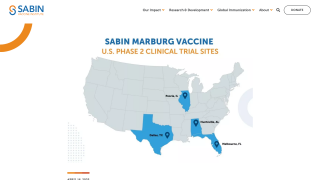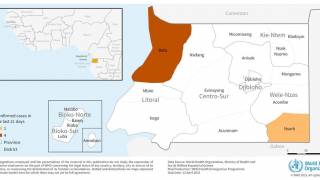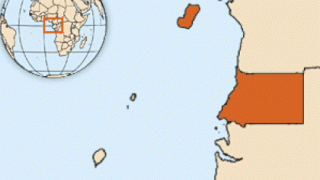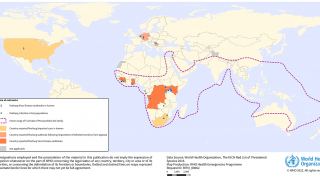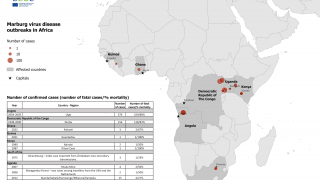$3 Million Supports Confirmed Marburg Virus Outbreak in Africa
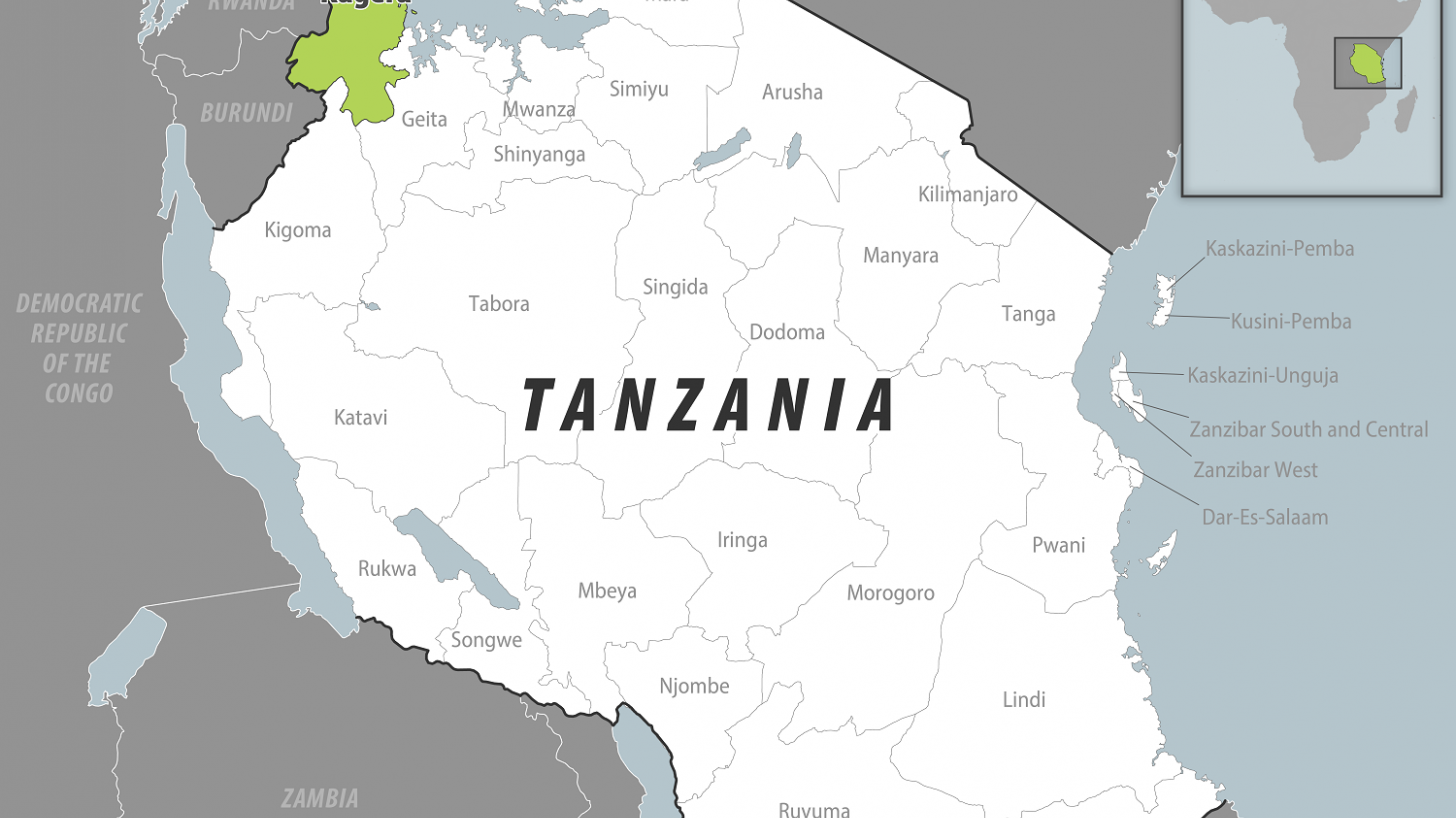
The World Health Organization (WHO) today confirmed an outbreak of Marburg virus disease (MVD) in the northwestern Kagera region, in Biharamulo district.
The President of the Republic of Tanzania, Her Excellency Samia Suluhu Hassan, announced during a press briefing on January 20, 2025, after one suspected case tested positive for the virus.
"Laboratory tests conducted at Kabaile Mobile Laboratory in Kagera and later confirmed in Dar es Salaam identified one patient as infected with the Marburg virus. Fortunately, the remaining suspected patients tested negative," the president says. "We have demonstrated our ability to contain similar (MVD) outbreaks and are determined to do the same this time."
A total of 25 suspected cases have been reported and are currently under close follow-up, the president added.
As of early January 2025, eight MVD-related fatalities had been reported.
Marburg virus disease is highly virulent and causes hemorrhagic fever. It belongs to the same family as the virus that causes Ebola virus disease. Illness caused by the Marburg virus begins abruptly. Patients present with high fever, severe headache, and severe malaise. They may develop severe hemorrhagic symptoms within seven days.
"The declaration by the president and the measures being taken by the government are crucial in addressing the threat of this disease at the local and national levels as well as preventing potential cross-border spread," said Dr Matshidiso Moeti, WHO Regional Director for Africa. "Our priority is to support the government to rapidly scale up measures to effectively respond to this outbreak and safeguard the health of the population,"
Tanzania previously reported its initial MVD outbreak in March 2023, in which six fatalities were reported, with a case-fatality ratio of 67%.
Since 1967, MVD outbreaks have been confirmed in various countries. Previous outbreaks and sporadic cases have been reported in the African region of Angola, the Democratic Republic of the Congo, Ghana, Kenya, Equatorial Guinea, Rwanda, South Africa, and Uganda.
The WHO says the Marburg virus is transmitted to people from fruit bats and spreads among humans through direct contact with the bodily fluids of infected people, surfaces, and materials.
On January 20, 2025, the WHO confirmed it would release $3 million from the WHO Contingency Fund for Emergencies to support Tanzania's response. This is in addition to the $50,000 contributed earlier to support the initial investigation.
Considering the low global risk and the strong capabilities of the Tanzanian government, the WHO advises against restrictions on trade and travel to the country. As her Excellency said, Tanzania is open for business.
As of January 20, 2025, the U.S. CDC's Level 1 - Practice Usual Precautions, Travel Health Advisory, alerts international travelers of this health risk.
Furthermore, the CDC confirmed no Marburg vaccines were approved, but candidates are conducting clinical trials.
In October 2024, the Sabin Vaccine Institute announced it provided 700 MVD vaccine candidates (PHV01) to the Republic of Rwanda to support the ongoing disease outbreak response.
Our Trust Standards: Medical Advisory Committee

